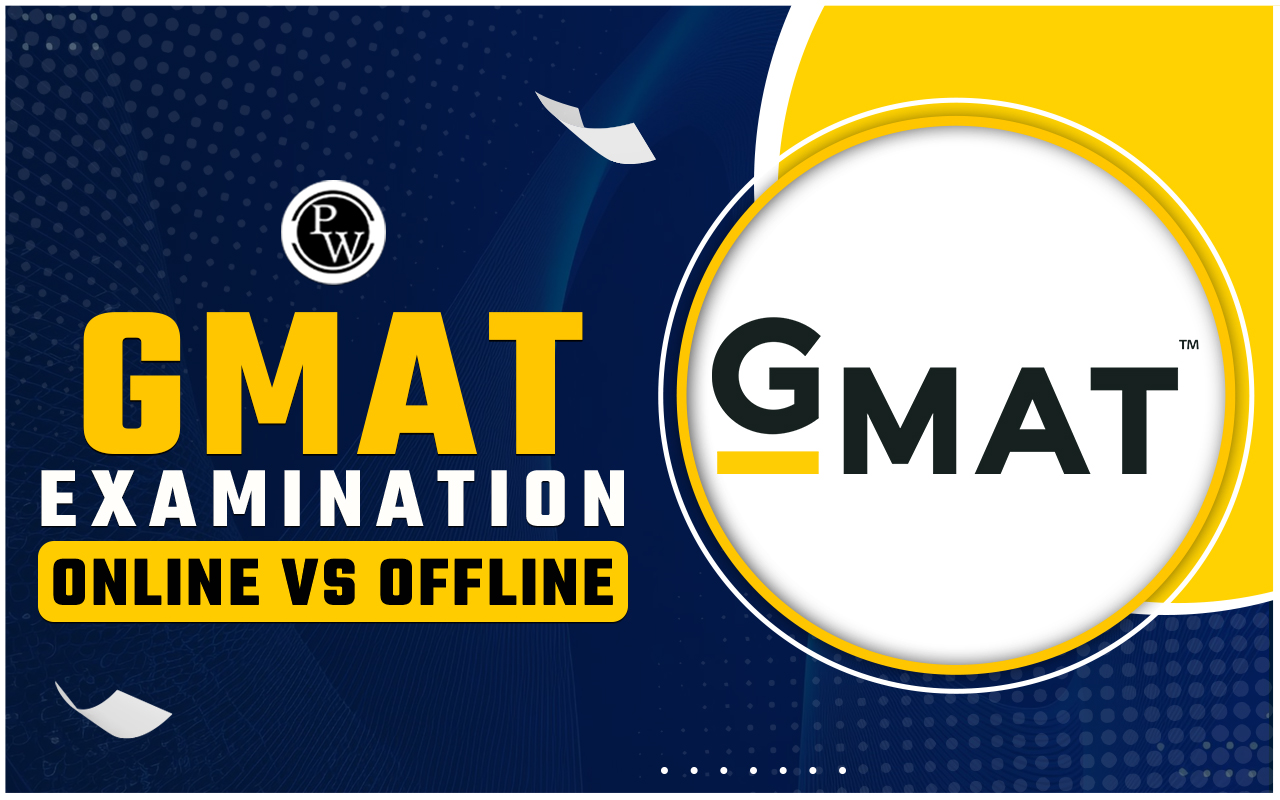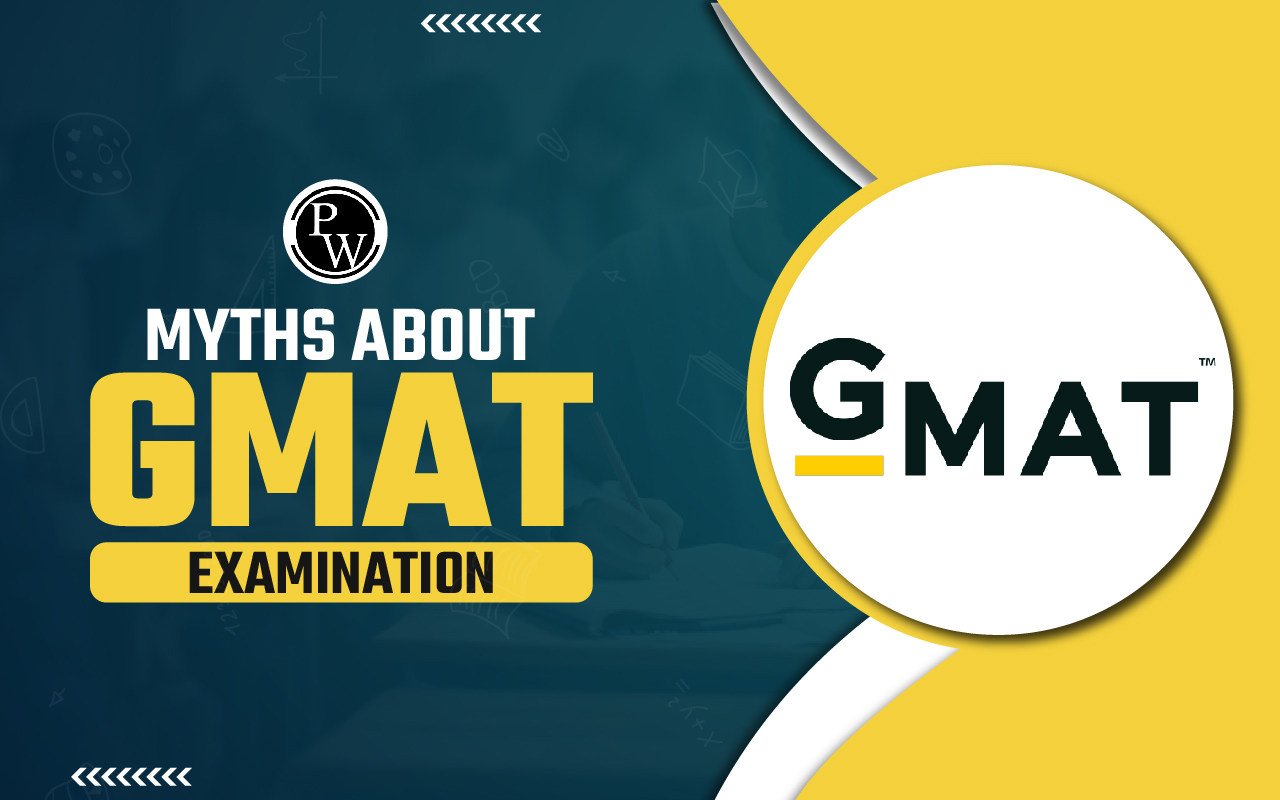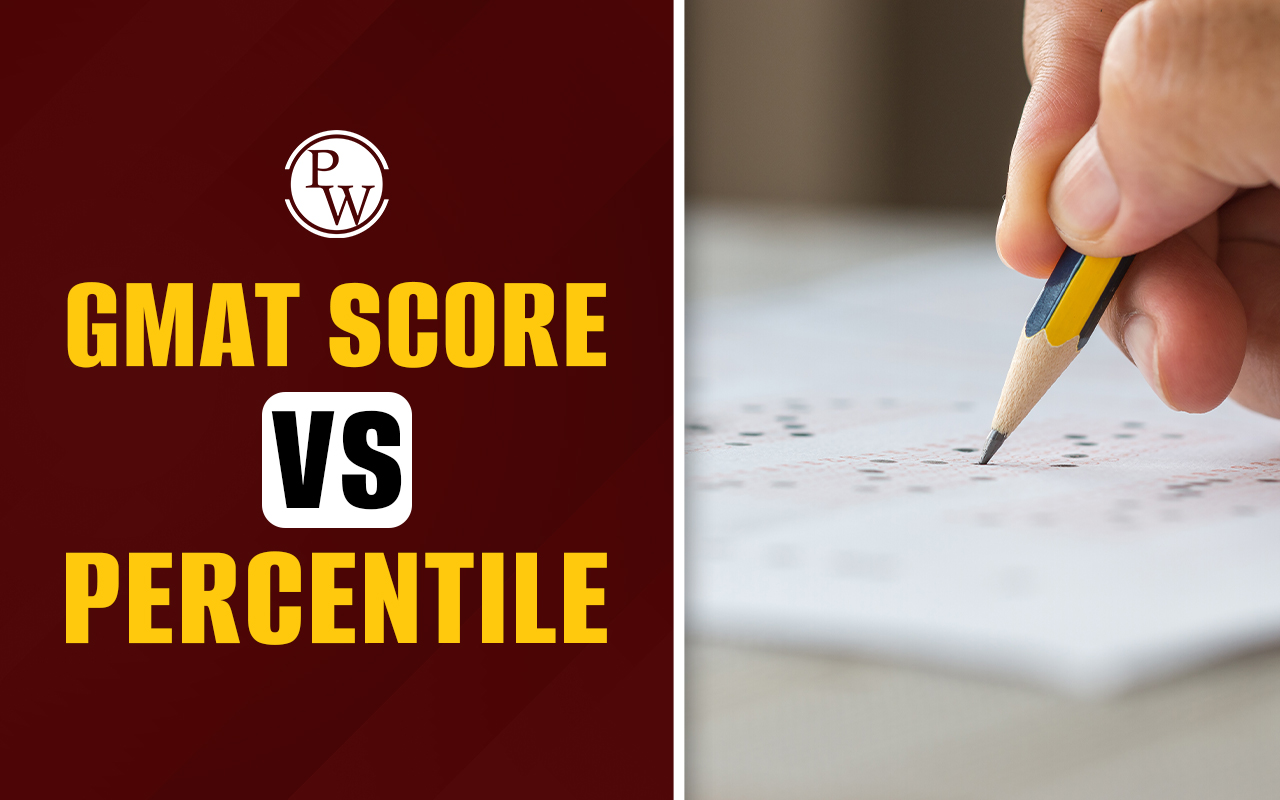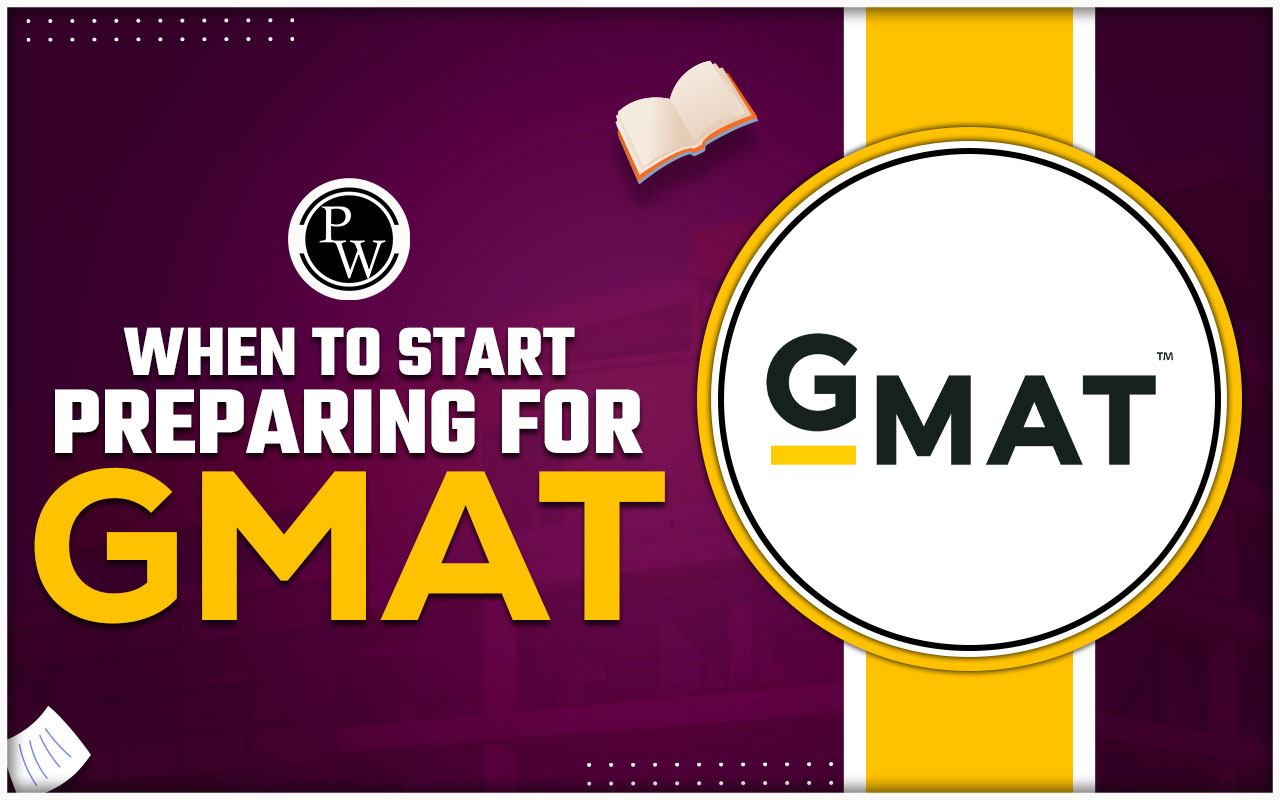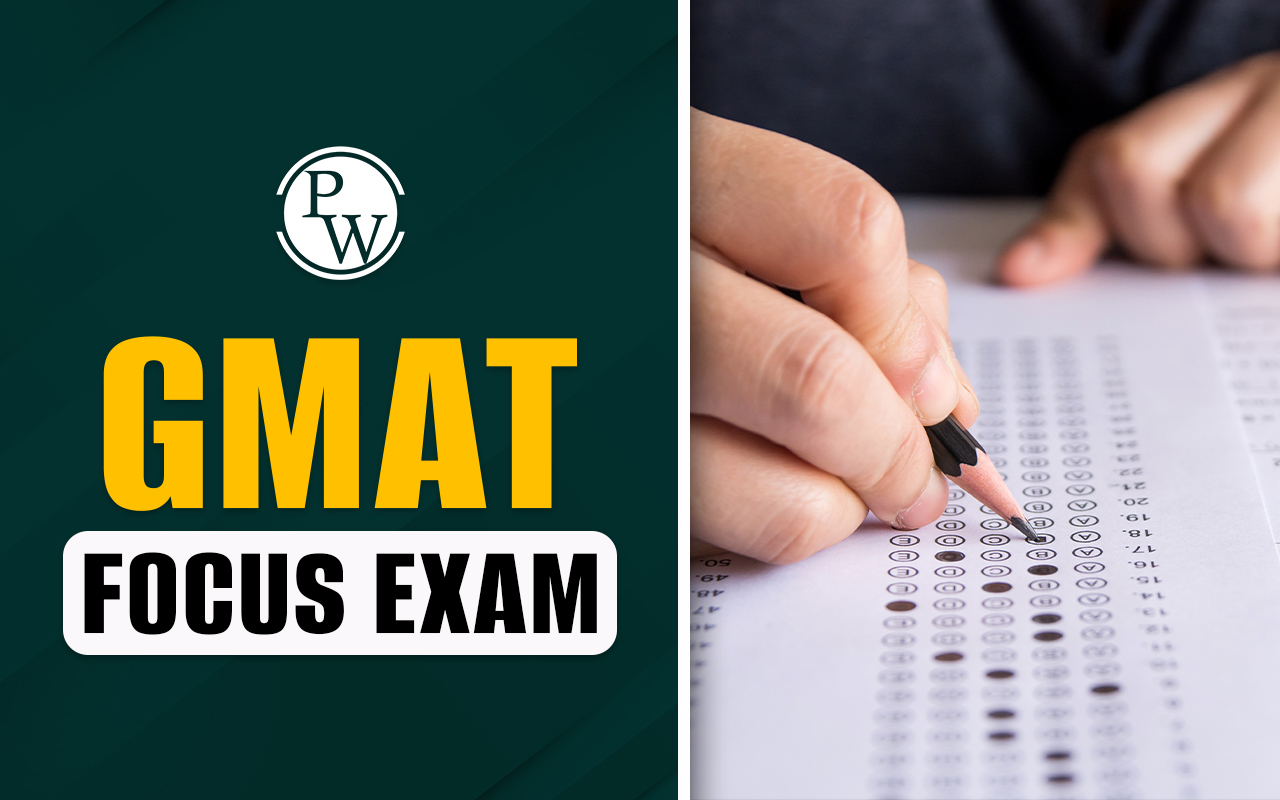
Leaving Gaps Between GMAT Attempts: Leaving gaps between GMAT attempts is a thoughtful choice for many test-takers who want to improve their scores. The GMAT lets candidates retake the exam after a minimum wait of 16 days. However, experts suggest waiting for 30 to 60 days for better preparation.
- This time allows candidates to review their earlier performance, spot weak areas, and update their study plans effectively.
- During this period, it’s helpful to do focused practice, take more mock tests, and even consider tutoring or joining prep courses.
Understanding GMAT Retake Policies
The Graduate Management Admission Test (GMAT) is a critical component for many aspiring business school students. Given its importance, test-takers often find themselves contemplating retakes to improve their scores.How Many Times Can You Take the GMAT?
The GMAT retake policy is structured to allow flexibility while ensuring that candidates have adequate time to prepare for each attempt. According to the official guidelines:- You can take the GMAT up to 5 times within a rolling 12-month period.
- There is a lifetime limit of 8 attempts.
GMAT Retake Policy Guidelines
Here is the required Leaving Gaps Between GMAT Attempts listed below:- Minimum Waiting Period : After each GMAT attempt, candidates must wait at least 16 calendar days before they can register for another exam. This waiting period applies regardless of whether the test was taken online or at a testing center.
-
Rescheduling Fees
: If you need to reschedule your GMAT test, fees vary based on how close to the test date you make the change:
- $50 if rescheduled at least 60 days in advance.
- $100 if rescheduled between 15 and 60 days before.
- $150 if rescheduled within 14 days of the test date
- Score Reporting : All scores from your GMAT attempts are reported to schools, which can influence admissions decisions. However, many schools focus on your highest score rather than averaging all attempts.
Leaving Gaps Between GMAT Attempts
Leaving gaps between GMAT attempts can be beneficial for several reasons:- Preparation Time : The most crucial factor in deciding whether to retake the GMAT is your preparedness. While you can technically retake the exam after 16 days, this does not mean you should if you feel unprepared. Taking time to study and address weaknesses identified in your previous attempt can lead to better results.
- Avoiding Burnout : Continuous testing without sufficient breaks may lead to burnout, diminishing your performance on subsequent attempts. It’s essential to balance preparation with rest and recovery.
- Strategic Timing : Consider your application deadlines when planning your retakes. For instance, if you have a deadline approaching for business school applications, ensure that you leave enough time for preparation while also adhering to the retake policy.
Factors Influencing GMAT Retakes
When contemplating a retake, consider these key factors:- Previous Score vs. Target Score : Analyze how far your previous score is from your target score. If you're significantly below your desired score, a retake may be warranted after thorough preparation.
- Test-Day Issues : If your previous attempt was marred by external factors (e.g., illness or technical issues), it might be beneficial to retake the exam sooner rather than later.
- Practice Test Results : Utilize a GMAT score calculator and practice tests to assess your readiness for a retake. Consistently scoring above your previous attempt on practice tests can indicate that you are prepared for another try.
Extended Time Between GMAT Attempts
In some cases, candidates may find themselves needing extended time between attempts due to personal circumstances or burnout:- Work Commitments : A demanding work schedule may necessitate delaying a retake until you can dedicate adequate time for preparation.
- Personal Life Changes : Unexpected family situations or health issues may also require candidates to postpone their next attempt.
Best Practices for Preparing for a GMAT Retake
To maximize your chances of success on a GMAT retake, consider implementing these best practices:- Analyze Your Previous Performance : Review your official score report thoroughly. Identify areas of weakness in both quantitative and verbal sections and focus your study efforts accordingly.
- Develop a Study Plan : Create a structured study schedule that allows ample time for review and practice tests. Incorporate various study materials and resources available online or through prep courses.
- Take Practice Tests : Regularly taking full-length practice tests under timed conditions will help you become familiar with the test format and improve your pacing skills.
- Utilize Quality Resources : Invest in reputable GMAT prep materials or courses that offer comprehensive coverage of all exam topics and strategies tailored for improvement.
- Stay Healthy and Balanced : Maintain a healthy lifestyle during your preparation period by ensuring adequate sleep, nutrition, and exercise—factors that significantly impact cognitive function and performance
Leaving Gaps Between GMAT Attempts FAQs
What happens if I take the GMAT multiple times?
Taking the GMAT multiple times is common among applicants; however, excessive attempts (typically four or more) may raise concerns among admissions committees about a candidate's preparedness or suitability for business school.
Can I switch between online and in-person testing formats?
Yes, candidates can switch between online and in-person formats without any waiting period as long as they adhere to the 16-day rule between attempts.
How do schools view multiple GMAT scores?
Most business schools will consider only the highest score when evaluating applications but will see all scores submitted over five years. Therefore, improving your score through retakes can enhance your application profile.
Talk to a counsellorHave doubts? Our support team will be happy to assist you!

Check out these Related Articles
Free Learning Resources
PW Books
Notes (Class 10-12)
PW Study Materials
Notes (Class 6-9)
Ncert Solutions
Govt Exams
Class 6th to 12th Online Courses
Govt Job Exams Courses
UPSC Coaching
Defence Exam Coaching
Gate Exam Coaching
Other Exams
Know about Physics Wallah
Physics Wallah is an Indian edtech platform that provides accessible & comprehensive learning experiences to students from Class 6th to postgraduate level. We also provide extensive NCERT solutions, sample paper, NEET, JEE Mains, BITSAT previous year papers & more such resources to students. Physics Wallah also caters to over 3.5 million registered students and over 78 lakh+ Youtube subscribers with 4.8 rating on its app.
We Stand Out because
We provide students with intensive courses with India’s qualified & experienced faculties & mentors. PW strives to make the learning experience comprehensive and accessible for students of all sections of society. We believe in empowering every single student who couldn't dream of a good career in engineering and medical field earlier.
Our Key Focus Areas
Physics Wallah's main focus is to make the learning experience as economical as possible for all students. With our affordable courses like Lakshya, Udaan and Arjuna and many others, we have been able to provide a platform for lakhs of aspirants. From providing Chemistry, Maths, Physics formula to giving e-books of eminent authors like RD Sharma, RS Aggarwal and Lakhmir Singh, PW focuses on every single student's need for preparation.
What Makes Us Different
Physics Wallah strives to develop a comprehensive pedagogical structure for students, where they get a state-of-the-art learning experience with study material and resources. Apart from catering students preparing for JEE Mains and NEET, PW also provides study material for each state board like Uttar Pradesh, Bihar, and others
Copyright © 2026 Physicswallah Limited All rights reserved.
